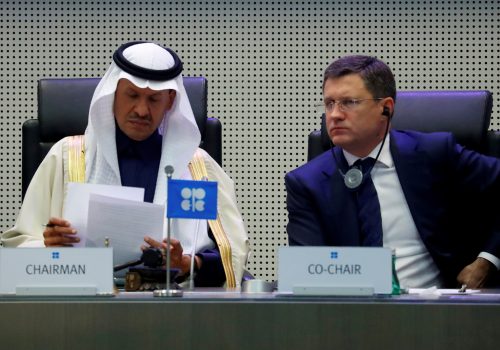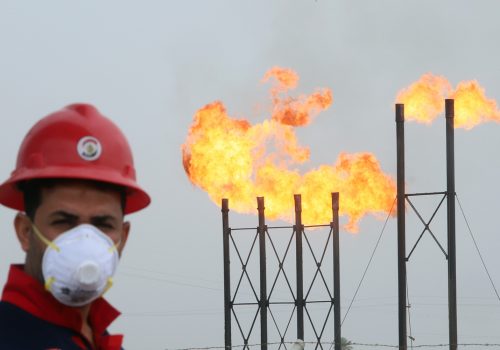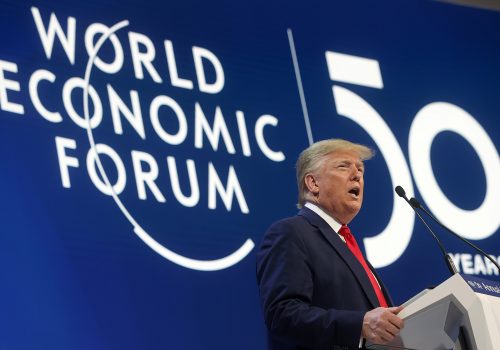Events
All Content
Phillip Cornell is a nonresident senior fellow at the Atlantic Council’s Global Energy Center. He is a specialist on energy and foreign policy, global energy markets and regulatory issues, critical energy infrastructure protection, energy security strategy and policy, Saudi Arabian oil policy, Gulf energy economics, and sustainable energy transition policy.
He is currently principal for energy and sustainability at Economist Impact.
Prior to joining the Atlantic Council, Cornell was a senior corporate planning advisor to the chairman and CEO of Saudi Aramco, where he provided market analysis and business development support to the executive management during the implementation of Saudi oil price strategy. In that capacity, he also provided advice to the Royal Court in the context of Saudi economic transition and foreign policy.
From 2011-2014, he was special advisor to the executive director of the International Energy Agency (IEA) in Paris, responsible for strategic messaging and policy advice to the Executive Office of the IEA. Previously, he developed IEA simulations and war-gaming among ministries in preparation for major oil and gas emergencies.
Before joining the IEA, Cornell served with NATO as the senior fellow and director of international programs at the NATO School (NSO) in Oberammergau, Germany, where his policy research focused on NATO and energy security. During that period, he also served on the secretary general’s committee in Brussels to develop NATO policy in the area of energy infrastructure security.
Cornell has held research positions at the Naval Postgraduate School (Monterey), the Royal United Services Institute (London) and the Center for International Security and Cooperation (Stanford), and he is the author of a number of articles and volumes on energy security and security policy. He holds Masters degrees with distinction in International Economics (energy focus) and European Studies (security focus) from the Johns Hopkins School of Advanced International Studies. He received his BA cum laude in International Relations from Stanford University.




